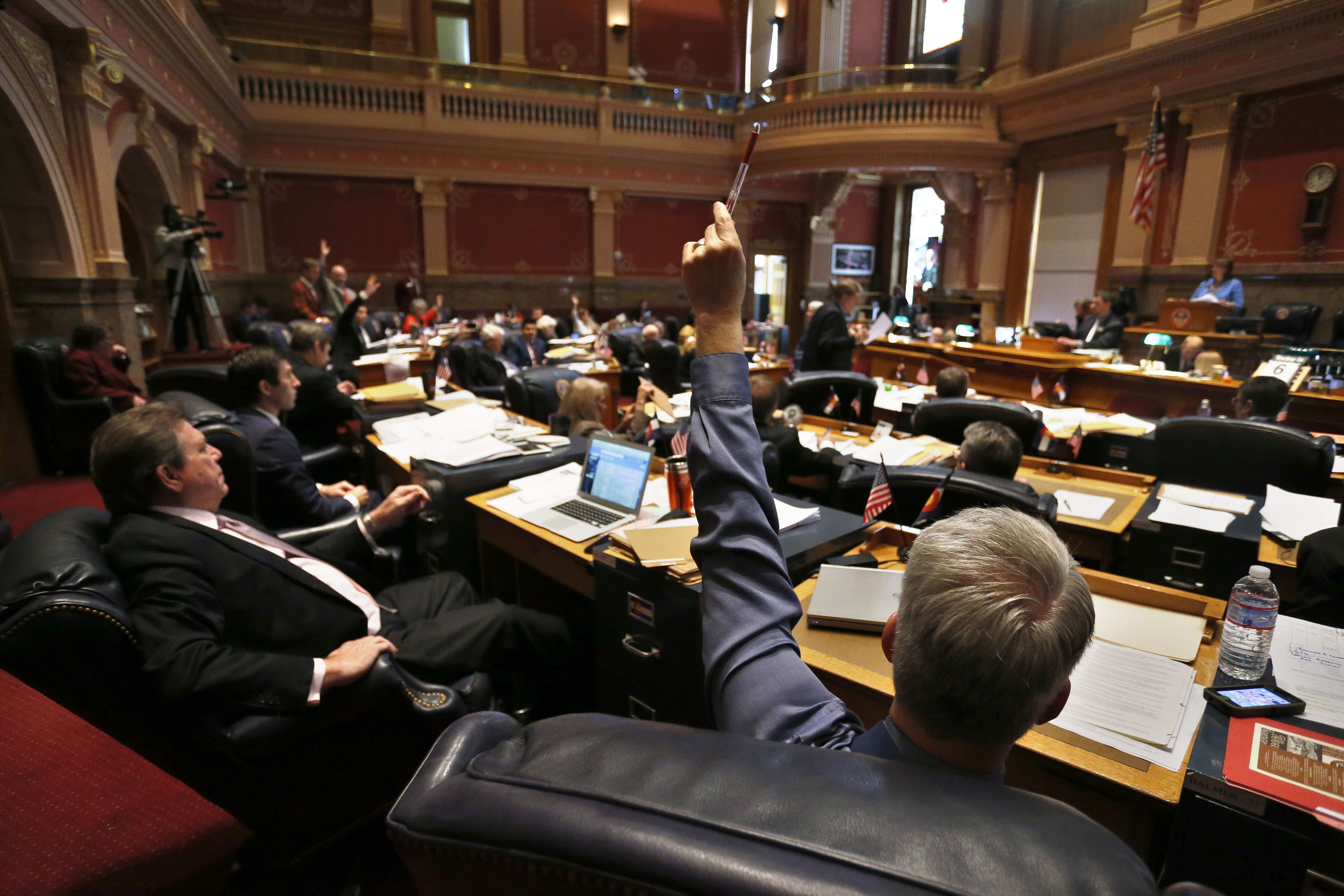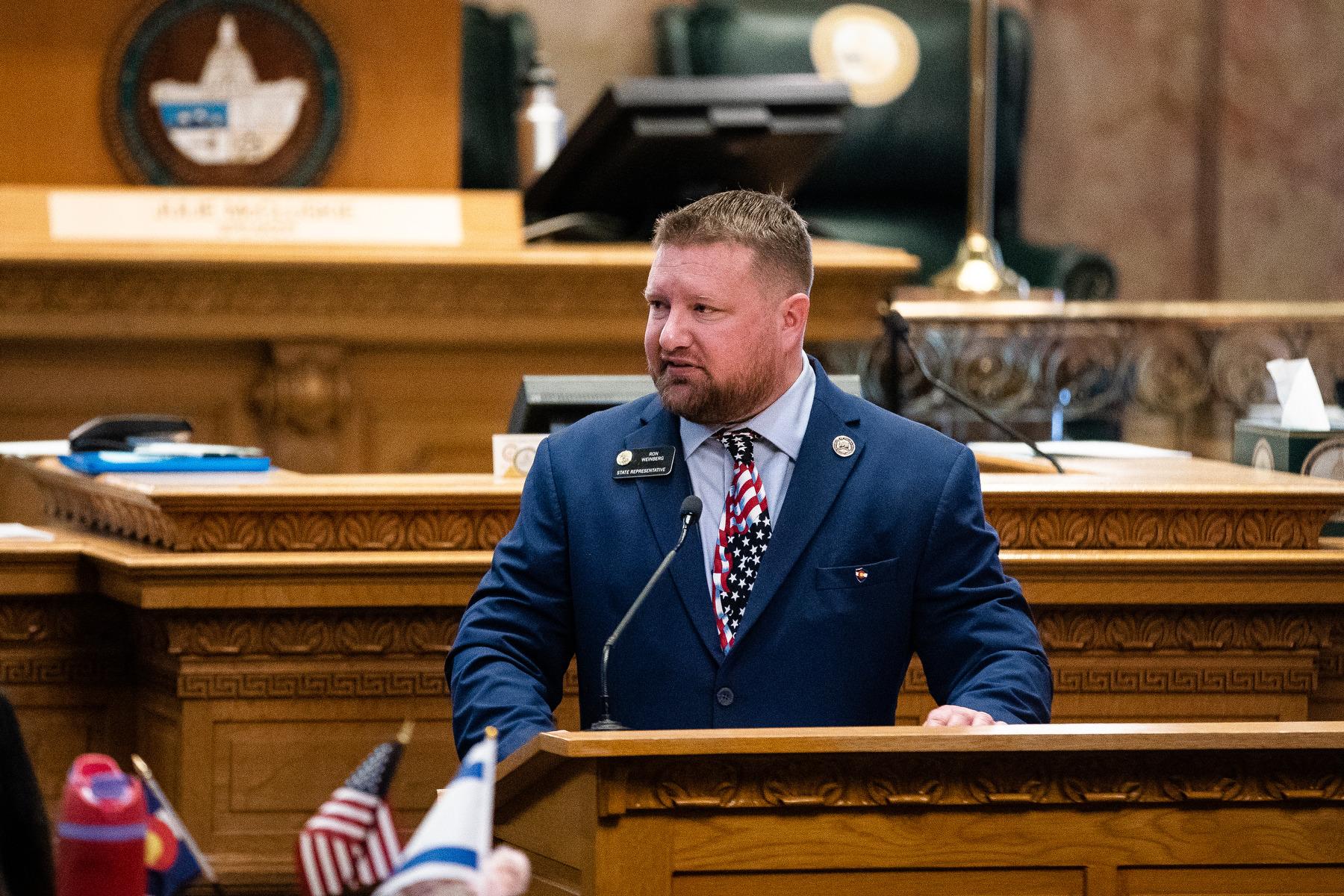
At the start of the 2015 legislative session, Republicans had just taken control of the Senate while Democrats kept control of the House. That split control left Capitol onlookers wondering what bills would get sent to the governor. By the fhe final days of the session, there were a flurry of partisan showdowns and bipartisan compromises, late nights and big votes. Here's how some of those dynamics played out.
So did lawmakers pass any really big policies in the end?
Yes and no.
Each party introduced a lot of very ideological bills that they had to know the other chamber was never going to accept. With Republicans those were things like broadening gun rights and limiting abortion access. For Democrats some examples would be a minimum wage increase and expanded protections for gay and transgender people. All those bills were doomed from the start, but each side introduced them mostly for their constituents' sake.
But in general, the chambers seemed to have a fairly functional relationship, and on less polarizing issues, we did see some major compromises.
The biggest was probably a bill to reduce the number of standardized tests Colorado students take. This was an issue from the first day lawmakers started work, but it took the entire session for both parties and the governor to come together on a slate of changes that both chambers would pass and the governor would sign.
Were the police oversight bills another example of compromise?
Those bills were a pretty good example of how the two chambers were able to work together on an issue they don't necessarily see eye-to-eye on. House Democrats were really the impetus behind the legislation, but Senate Republicans found a number of measures they could support. Out of 10 bills introduced, six passed. They include things like protections for the public when they record police activities and a new grant program for officer-worn body cameras.
Those policies may not go as far as some community activists might have wanted -- for instance one bill that died would have allowed a judge to appoint a special prosecutor to look into an officer-involved death. But in the end, Democrats, including Gov. Hickenlooper, are calling it a victory for the public.
Did good state finances help lawmakers make a budget? It always seems easier when you're not making cuts.
There was a good amount of money to go around, but this might be the last easy budget year for a while. That's because the state is about to hit the revenue cap imposed by the Taxpayer's Bill of Rights. (You can track the fate of your 2015 refund here.)
And unless the state wants to see that hole get bigger, the majority of new money Colorado brings in for the next few years will have to go to schools, and that will mean very little left over for other services.
So this session really underlined that Colorado is about to enter a very strange financial situation: The economy is really healthy, but we're headed back to an atmosphere of tight budgeting, where it could be a struggle to meet all of the state's needs.









